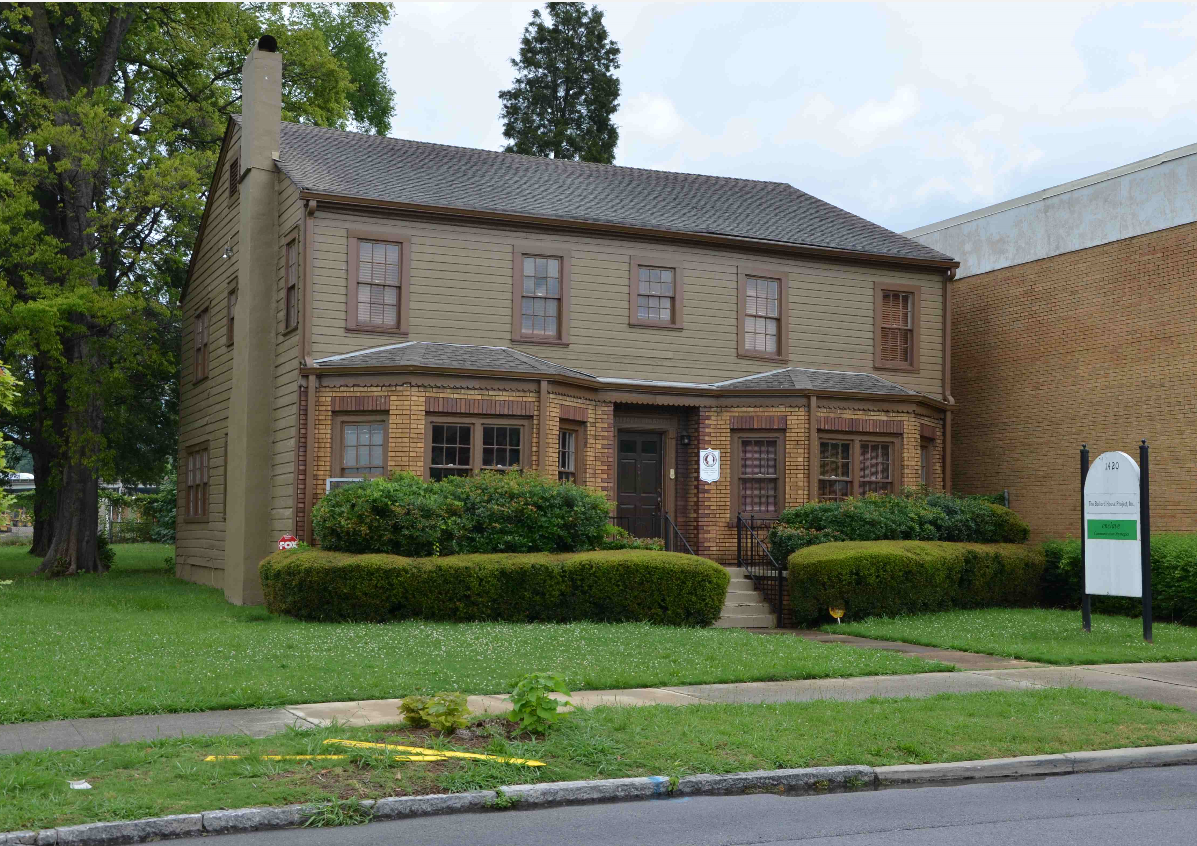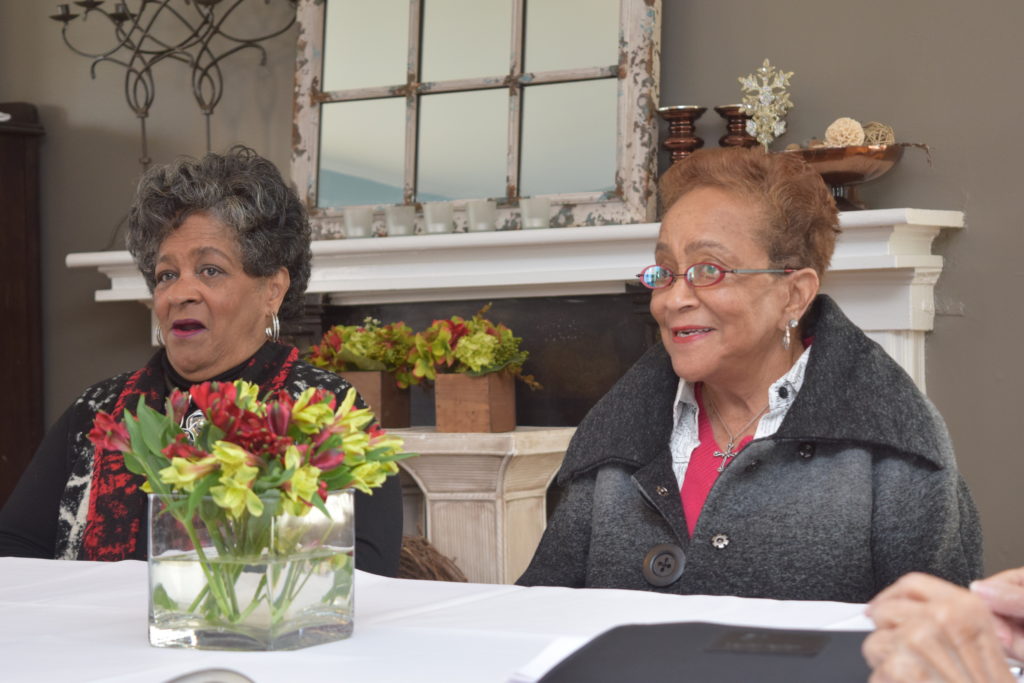By Ariel Worthy
The Birmingham Times

The Ballard House Project will continue its “GATHER for Community Conversations” this week with a forum on Hip Hop and another on the Impact of Women.
These events are part of the Ballard House Project Community-Wide Collective Memory Program.
“We are gathering across the metro area to record community conversations about Birmingham’s historic past,” said Majella Chube Hamilton, executive director of Ballard House. “Our community was built with the hard work, sacrifice, and legacy of people from all walks of life and backgrounds.”
Both upcoming events will be held at the Ballard House, 1420 7th Ave. North, Birmingham, AL 35203. They are free and open to the public.
On Thursday Nov. 9, the first of two forums, will center on “Through the Prism of Hip Hop: Exploring Black Music as an Expression of Black Life.” The talk, which begins at 5:30 p.m. to 7:30 p.m. will surround the music genre’s impact on today’s culture.
Dr. DeReef Jamison, UAB assistant professor of African-American Studies, will delve into the rise of hip hop and the implications of its reflection. Jamison’s research looks at connections between Africana intellectual history and social science. He examines how particular historical figures in the Africana intellectual tradition connect with cultural consciousness.
An interactive discussion and live music mix will also be part of the experience.

The next forum will be on the “IMPACT of Women: Educated & Organized” and takes place Sunday Nov. 12 at 2 p.m.
The event will include a panel discussion of authors, educators and community organizers who will share their insight and memories about critical, yet rarely discussed, components of history. Panelists will include: Former Judge Helen Shores Lee, Barbara Shores, Dr. Ruth Barefield-Pendleton, Sophia Miller, Margaret Beard, and Dr. Tondra Loder-Jackson.
“Since before the turn of the 20th century, African American women have worked collectively to improve the living conditions of the Birmingham area’s most vulnerable,” said Hamilton. “They forged service and social networks of sisterhood which have transformed our community for good. Few are aware that their contributions are all around us.”
The work of women in Birmingham has lifted the most vulnerable residents and created service and social networks, Hamilton said.
“Transformational civic and service organizations worked to alleviate pain and suffering of their neighbors. Despite personal and professional barriers, they formed a human tapestry and network of support to educate, house, protect, and lift others seeking a better life,” she said. “We are reflecting on facets of that legacy.”
She added: “Their imprint is reflected in the opportunities afforded all around us.”



